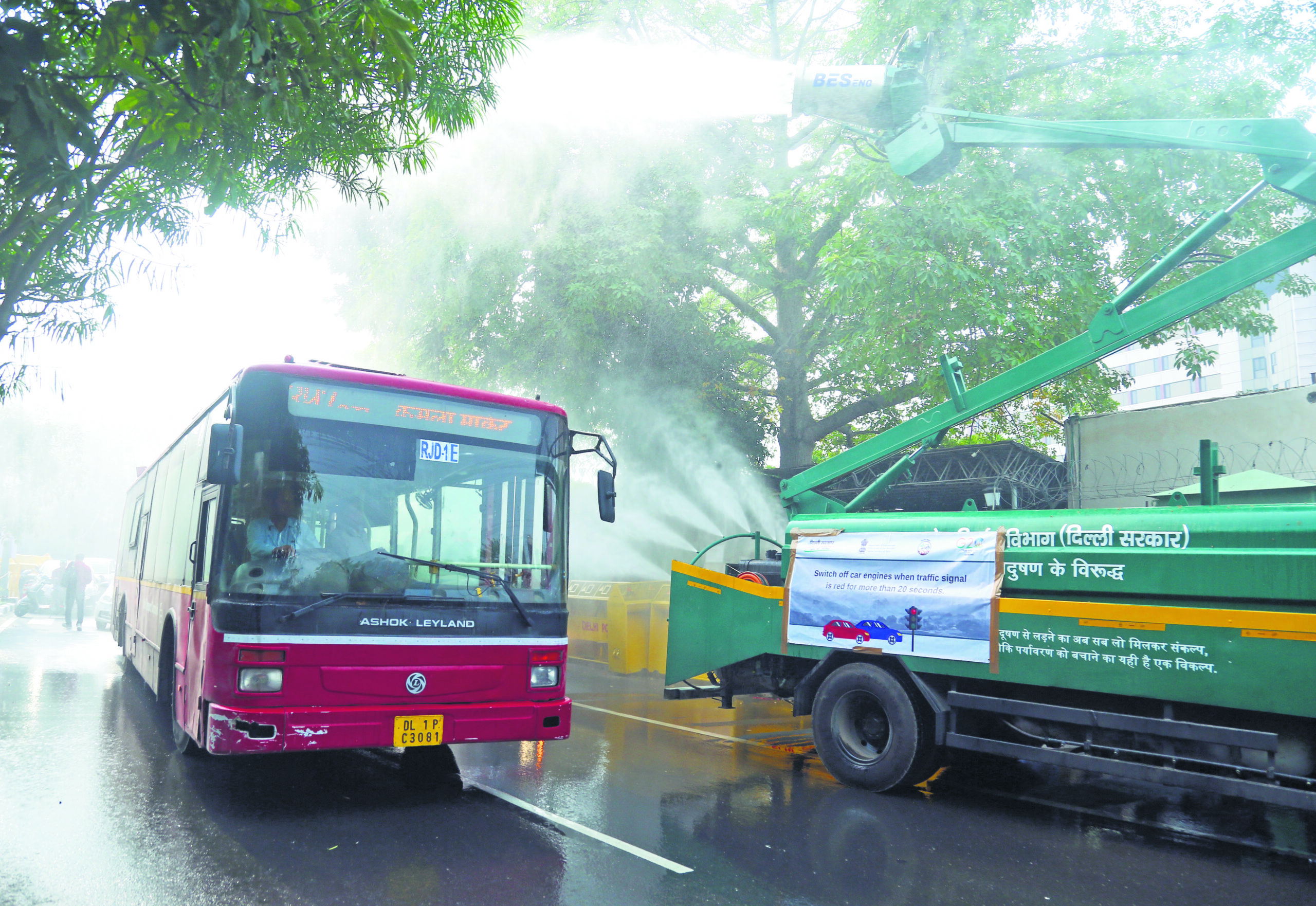In every pioneering industry, there is a silent guardian. For large-scale construction and transportation – it’s the truck water tank. This comprehensive guide will serve as your window into the world of these unsung heroes, shedding light on their roles, attributes, regulatory considerations and much more.
The Role of Truck Water Tanks
Truck water tanks play a significant role in various fields. They are primarily used for hauling large volumes of water to locations that don’t have sufficient supplies such as remote areas, construction sites, and farming operations.
Additionally, they are instrumental for dust control on roads and construction sites. By delivering large quantities of water with easy dispersal mechanisms, they help suppress dust particles that can otherwise cause health problems and impede visibility.
Basic Tank Configurations
Getting familiar with the different tank configurations contributes to an informed purchase decision. The simplest configuration is the cylindrical tank. These are made to rest horizontally on the truck bed, allowing for straightforward loading and unloading procedures.
Another popular configuration is the rectangular or square-shaped tank. These allow efficient space utilization but require additional support structures to prevent the tank’s movement during transit.
The Water Tank Factory Overview
The production process in The Water Tank Factory involves several stages aimed at ensuring the functionality and durability of the final product. It begins with the raw material preparation phase where metals like stainless steel are cleaned and cut into the desired shapes.
Thereafter, high skilled welders join these pieces together before they undergo a process called hydro testing – where any potential leakage points are identified and repaired accordingly.
Key Features of Truck Tanks
Distinctive features of truck water tanks include built-in pumps that allow easy off-loading and spreading of the water. Other salient elements are the discharge outlets which are typically designed at both the rear and sides for maximum flexibility during operation.
High-quality water tanks also come equipped with protective devices, such as overflow vents and ladders, providing additional safety measures during their operation and maintenance.
Commonly Used Capacities
The capacity of truck water tanks typically ranges from 1,000 liters for small utility tasks to over 30,000 liters for heavy-duty operations. However, it’s vital to remember that bigger might not always be better – consider your specific needs and ensure compatibility with the hosting vehicle prior to choosing your tank size.
Larger capacities will require more robust trucks capable of handling the additional weight without compromising safety or the truck’s overall performance.
Quality Assurance Practices
Quality assurance is of paramount importance in the manufacturing of truck water tanks. This means rigorous testing for leaks or structural defects, using methods such as hydrostatic testing. Once immersed in water, any leaks will be quickly identified as minute bubbles rising to the surface.
Additionally, the tanks should bear a certification from relevant authorities proving their adherence to the set norms and regulations. Serial numbers are engraved on each tank which helps in tracking them during recalls or issues associated with specific production batches.
Installing Truck Water Tanks
Installation process of a truck water tank involves careful positioning and securement onto the vehicle’s bed. This is followed by connecting hoses and pumps and ensuring all necessary parts are functional. Some installations may require welding or drilling, depending on the tank’s configuration.
It is recommended hiring experienced professionals for installation to prevent mishaps or damage to the tank or truck. Note that incorrect installation can lead to imbalances during transportation, potentially causing accidents.
Maintenance Tips
Regular maintenance checks are essential to ensure smooth functioning and extend the tank’s life. Cleaning out the tanks periodically is crucial not only for hygiene but also for visual inspection of potential damage such as rusting, cracks or leaks inside the tank.
The condition of supporting components like steel beams and straps should also be frequently checked for signs of wear, corrosion or weakening. All connecting valves, hoses, and pumps should be inspected for potential leakage or clogging.
Safety Precautions
Safety precautions while operating a truck water tank should include regular monitoring of payloads during refilling to avoid overloading. Overfill protection devices should be installed to prevent spillage during transport resulting in potential issues with stability and control.
Specially designed tanks feature access points and rails, and operators are advised to use these facilities whenever they need to mount the tank. Personal protective equipment, like gloves and safety helmets, should always be worn.
Use Case Scenarios
Truck water tanks are essential in various scenarios. For instance, they are critical in farming operations where large quantities of water are needed for irrigation, especially during the dry season. They also assist in firefighting operations, transporting a substantial amount of water quickly to firefighting sites.
Construction companies use them to suppress dust at job sites, providing cleaner air for their workers. In remote locations with inadequate clean water supply or during disasters, these tanks offer a lifeline by delivering potable water.
Troubleshooting Common Issues
Many of the common issues with truck water tanks can be addressed quite effortlessly. For instance, if you notice leakage, it would probably be from the tank’s valves or hoses that can be fixed by tightening them. If that doesn’t work, replacement could be the next recourse.
When your pump doesn’t work correctly, first check power connections and fuses before you consider replacing it. Similarly, inefficient water discharge might suggest a clog which can be often cleared by simple cleaning.
Budget Considerations
Purchasing a new truck water tank is a substantial investment although there are cost savings to be made on some websites. The right balance between the tank size and quality versus the budget should be carefully considered. Cheaper options may not always be beneficial in the long run due to frequent repairs or replacements.
Additionally, operational costs such as maintenance and permitting expenses should also be factored into your budget planning process.
Innovation in Truck Tanks
Innovation in the truck water tank industry has led to advanced features like remote controlled valves and smart filling systems that prevent overloading. Also, several companies are developing lighter yet stronger composites for construction, reducing the overall tank weight and increasing payload capacity.
Technology like real-time tracking and monitoring systems are beginning to be incorporated as well, offering opportunities for improved efficiency and safety.
Future Trends
The future of truck water tanks is likely to be shaped by increasing emphasis on sustainability and efficiency. This could result in development of energy-efficient pumping systems or tanks made from recycled materials.
The use of IoT-based technologies seems poised to expand further with implementation of features like real-time monitoring, predictive maintenance scheduling, and smart inventory management.
Eco-Friendly Options
Ecological considerations are increasingly at the forefront of manufacturing processes. Some eco-friendly options include using tanks made from recycled or biodegradable materials reducing overall carbon footprint.
Employing solar-powered pumps can reduce dependency on conventional fossil fuel-based energy sources. Incorporating such eco-friendly options is not only a step towards sustainable operations, but also may offer cost savings in the long run.
To Conclude
Truck water tanks play an array of pivotal roles spanning across various sectors. To maximize their benefits and prolong their lifespan, it’s crucial to understand their key features, practical applications and maintenance practices. As people move forward towards a sustainable future, the integration of eco-friendly materials and innovative technology promises to make these heroes of heavy-duty transportation even more indispensable.























